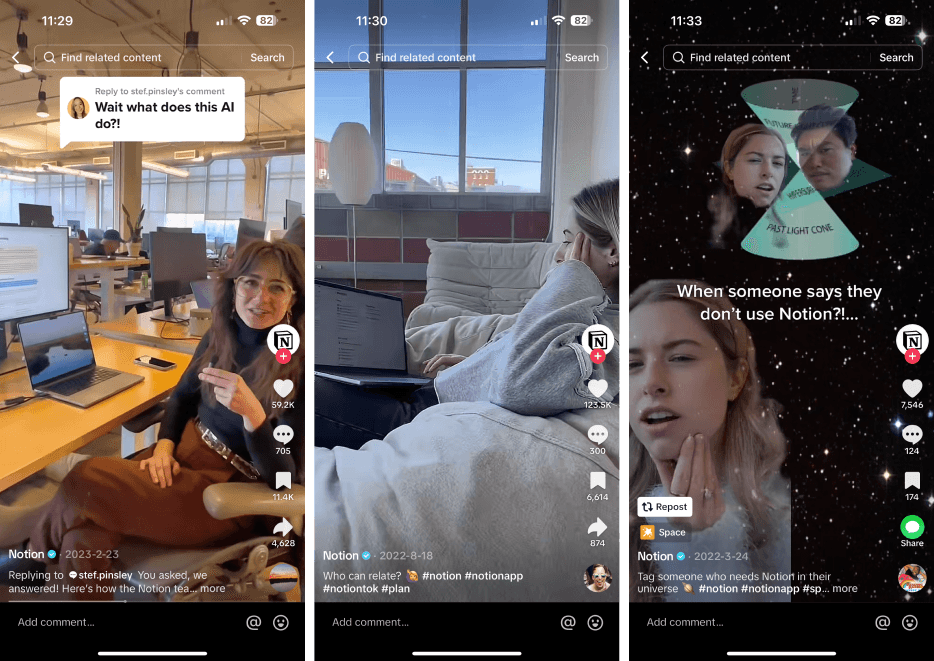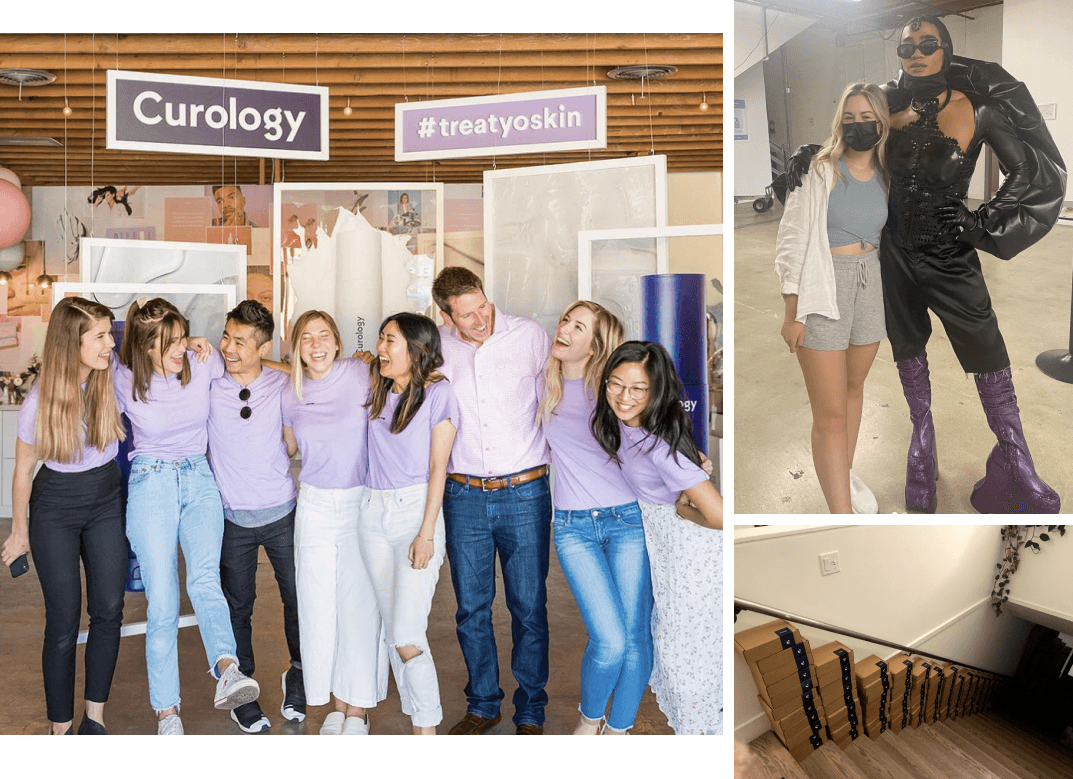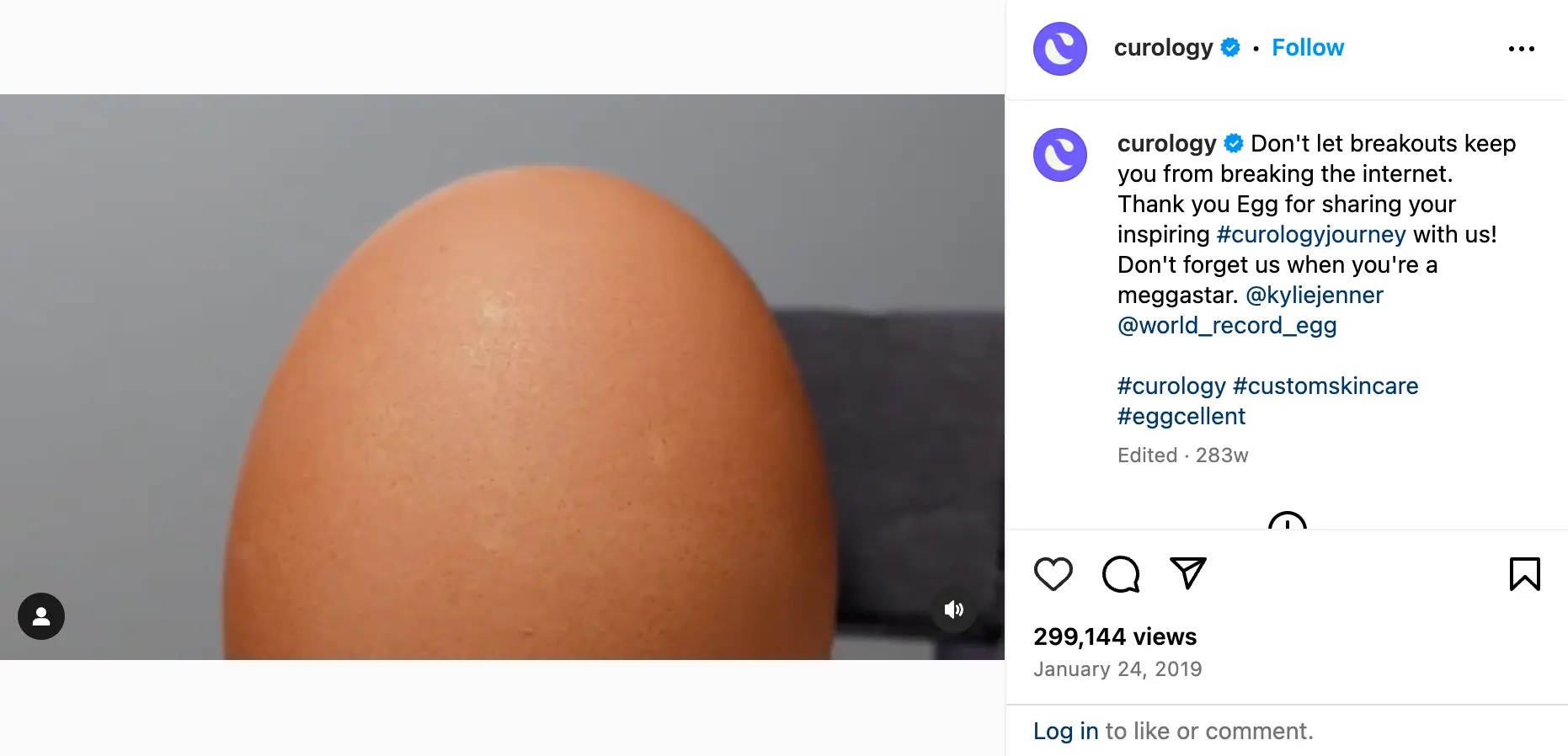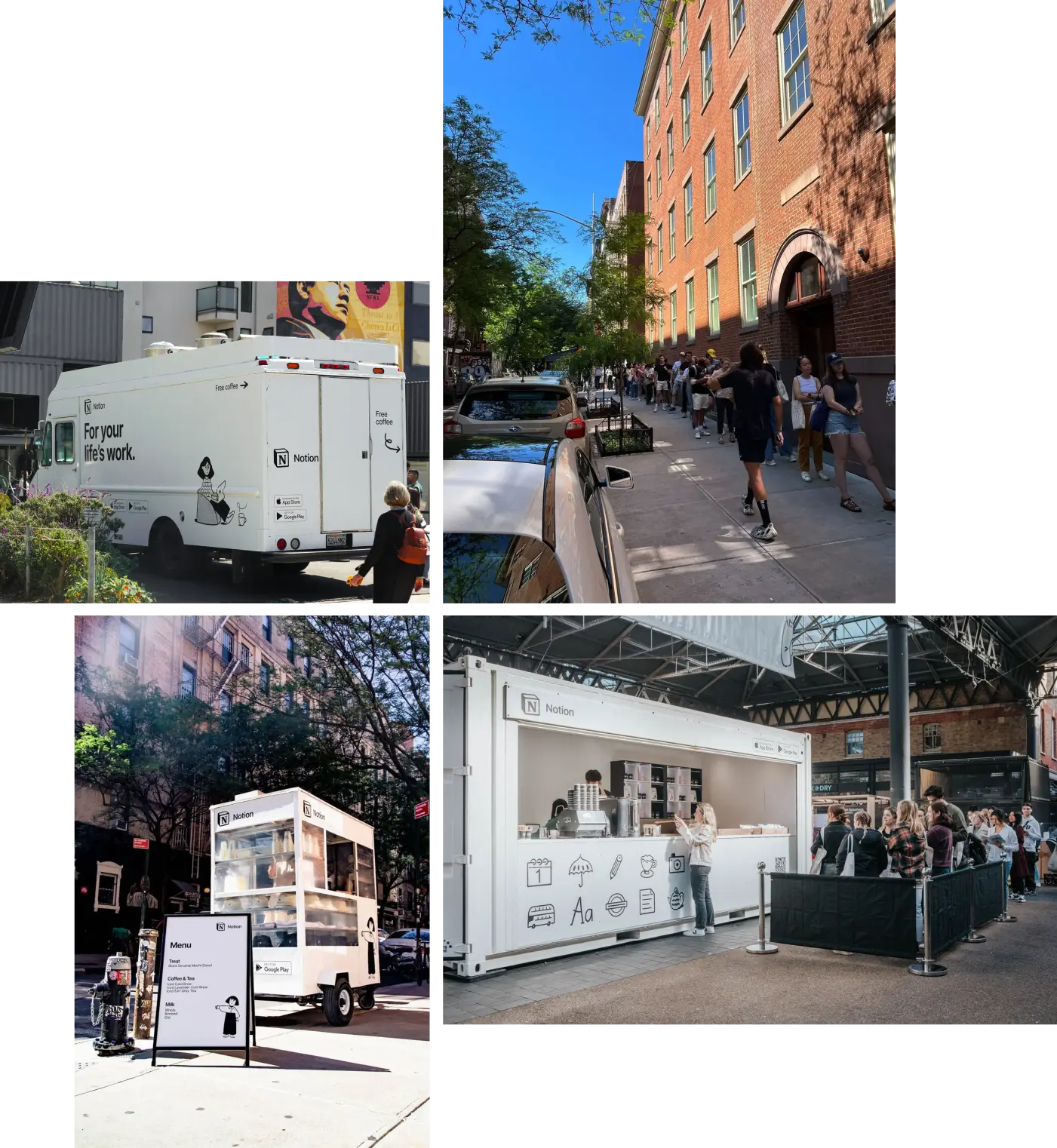
If you’ve ever heard names like Thomas Frank, Ali Abdaal, or Marie Poulin, then you’ve been *influenced* by Lexie Barnhorn’s work. She’s the mastermind behind influencer marketing here at Notion, where she works with top creators to help build Notion’s brand. She was one of the first to put B2B influencer marketing on the map.
Now, Lexie is taking on a new challenge as Notion’s first-ever Head of Social Media & Influencer Marketing. I sat down with Lexie to learn more about how she got here, what she’s built at Notion, and some of her favorite internet nostalgia (hint: think Tom from Myspace).
Drew Evans: You’ve had a hand in so many projects—you built influencer here at Notion, you’ve run podcasts, you’ve gone viral on TikTok. How did it all start?
Lexie Barnhorn: It all kind of happened organically. I never knew there was a job that asked you to watch YouTube and be on social media all day, and have it be considered work.
It goes back to when I was in high school. I was always the first person to sign up for a new social media site. Myspace, Facebook, Twitter, Vine, Instagram. Even Google Circles, when that was a thing. You name it, and I was already logged in with an account. There wasn’t much to do in small-town Ohio.

Fast forward to 2017. I joined a startup in San Francisco called Curology as an intern. I was the “general marketing intern”. They said: “Hey, you’re young. You watch YouTube. Go seed our product and figure out how to get people to talk about it.”
I ended up being really good at that—spotting the right influencers, building relationships, and doing strategic gifting to get our product into the hands of the right people. There was a bit of “right place, right time”, too—direct-to-consumer was taking off, tech was hot, and we had a good product. I stayed at Curology for almost five years and built a team. Influencer became one of our biggest acquisition channels and we scaled up to about 300 partnerships per month.
Then I joined Notion, and it’s only gotten better since.
DE: Let’s talk about those viral moments.
LB: Not to brag, butttttt…
I’ve had a few. I think the biggest was when I did the voiceover for the “Curology egg.” It ended up going extremely viral on Instagram with close to 300,000 likes. We actually ended up winning a Webby for it, and were invited to walk the red carpet.

On my personal accounts, I made a video of all the texts my Gen Z sister sends me. It’s currently sitting at 1.9M views. I’d share it, but I don’t think HR would be too excited about that.
DE: What about here at Notion?
LB: One of the first things I did when I joined Notion was to create our TikTok account. We had a few viral hits in the early days. It’s a tough balance—the content needs to be relatable but can’t try too hard, so there’s a very fine line. Sometimes, the quick and easy posts are the ones that take off when you least expect. Like this one. It took about ten seconds to make, but now has over 1M views.
But I think my favorite Notion moment was back when we did our pop-up coffee shops for the first time. Those went viral everywhere. It was our first in-person experience for our users, and we had lines of 2,000 people a day just to get a piece of coveted Notion merch—it was very special!
DE: Influencer marketing for a B2B audience didn’t really exist when you joined. How’d you build it?
LB: A lot of people think that B2B needs to be a buttoned-up briefcase persona. But at the end of the day, the B2B audience are consuming content outside of work like everyone else. They’re humans at heart. They’re you and me.

I was actually new to the B2B space when joining Notion, so I saw it as an exciting challenge. My first approach was actually TikTok, surprisingly. It was one of our top referrers. At the time, the 25-29 age group was the fastest growing on TikTok, followed closely by the 30 to 35-year-olds. My assumption was that they all had day jobs and were scrolling TikTok when they get home, so my focus then became more about how we optimize our strategy and build for that B2B-minded audience.
It was also around the time that LinkedIn was becoming more of an actual social media site instead of just a networking platform. There were influencers popping up sharing advice as thought leaders on LinkedIn. So the hunt began to try and track down the right people for the right messages at the right time. We were able to build out a program that could scale, and our team has really taken on the challenge to do it—and do it well.
DE: You work in a fast-paced world where things are constantly changing. What’s been your inspiration over the years?
LB: Sometimes, it’s just a single post that really catches my eye. Other times, it’s a complete body of work. In the early days of TikTok, I loved the agency Movers+Shakers. They’re the ones who put out the viral “ELF - Eyes, Lips, Face” TikTok campaign that was everywhere back in 2020.
But if I’m honest, I also love the rush you get when a post goes viral. There’s nothing like seeing the views and comments pour in for something you created. Maybe it’s the silly idea that you didn’t think would go anywhere, or maybe it’s the really well-planned strategy that took weeks to figure out. Seeing that work take off is something else.
DE: Alright, let’s wrap this up with a few rapid-fire questions. Let’s start with your earliest internet memory.
LB: My earliest internet memory was coding my Myspace, doing all the customization, and setting my top 10 friends.
DE: What about your first favorite YouTube video?
LB: Has to be the flying lawnmower. It’s very random, but it’s a classic.
DE: What about nostalgic internet elements that we’ve designed into Notion?
LB: I think the customization, like being able to get in there and change the colors, moving things around. Very reminiscent of AIM and Myspace.
DE: Last one. Best piece of advice you’ve gotten?
LB: I think the best piece of advice I’ve gotten working in social is always be open to change. And never get too comfortable. 🖤

